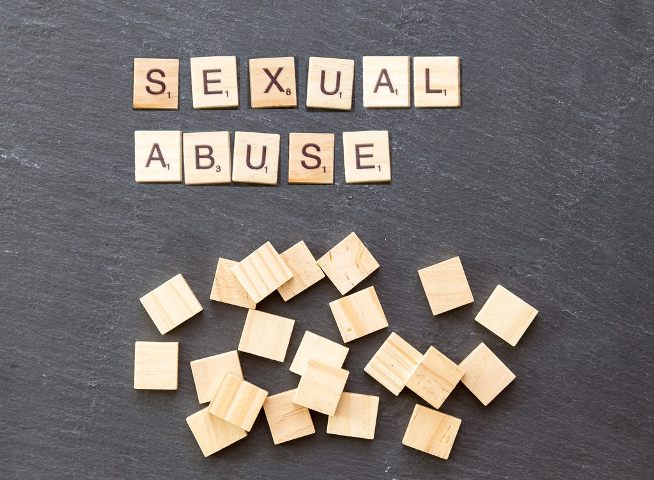UK universities found using legal contracts to make sexual misconduct public

- Country:
- United Kingdom
By Sam Alberti LONDON, April 17 (Thomson Reuters Foundation) - Britain's university watchdog has embarked on an investigation into the use of legal contracts to stop people from going public with sexual misconduct claims which hit the headlines with the #MeToo movement.
Universities UK (UUK) said non-disclosure agreements (NDAs) were used for many purposes, including the protection of commercially sensitive information related to research, with anyone breaching the silencing order at risk of legal action. But it raised concerns over NDAs in cases of sex scandals after a BBC investigation found UK universities had spent 87 million pounds ($115 million) on pay-offs related to bullying, discrimination and sexual misconduct allegations since 2017.
UUK said all staff and students were entitled to a "safe experience at university". "However, we also expect senior leaders to make it clear that the use of confidentiality clauses to prevent victims from speaking out will not be tolerated," a UUK spokeswoman said in a statement on Wednesday.
UUK did not comment specifically on the BBC investigation. Non-disclosure agreements were thrust into the spotlight 18 months ago by the sexual assault scandal that has engulfed movie mogul Harvey Weinstein, who used NDAs as part of settlements with alleged victims.
UUK, which represents 136 of about 160 universities in the UK, said it would release new guidelines about sexual misconduct later this year which would cover the use of confidentiality clauses. The guidelines are being drawn up by an advisory group formed by UUK including The 1752 Group, an organisation aimed at ending sexual misconduct in higher education, and the National Union of Students.
The investigation comes at a time when the #MeToo movement has gained traction globally, with people speaking out against alleged harassment in the workplace ranging from Hollywood, to sport, to the charity sector, corporate world and academia. UUK also said it was working with the government which pledged late last year to bring in a code of practice on sexual harassment for employers and look into options to better regulate NDAs.
(With inputs from agencies.)
- READ MORE ON:
- Thomson Reuters Foundation
- Great Britain
- Tate Britain
- Little Britain
- Harvey Weinstein
- Is Anyone Up?
- Chief of staff
- Pro Staff
- Staff sergeant
- Victims' rights
- Students' union
- Pakistani students abroad
- International Students' Day
- Universities UK
- people
- university watchdog
- Sam Alberti
- Britain
- LONDON
- anyone
ALSO READ
Hong Kong detains and deports press freedom group staffer from city
Lufthansa reaches pay deal with cabin staff, union says
US tells staff in Israel not to travel outside cities amid Iran threat
Investigation ongoing into Virginia school shooting involving 6-year-old and staff
Biden to meet top national security staff on Middle East, White House says










